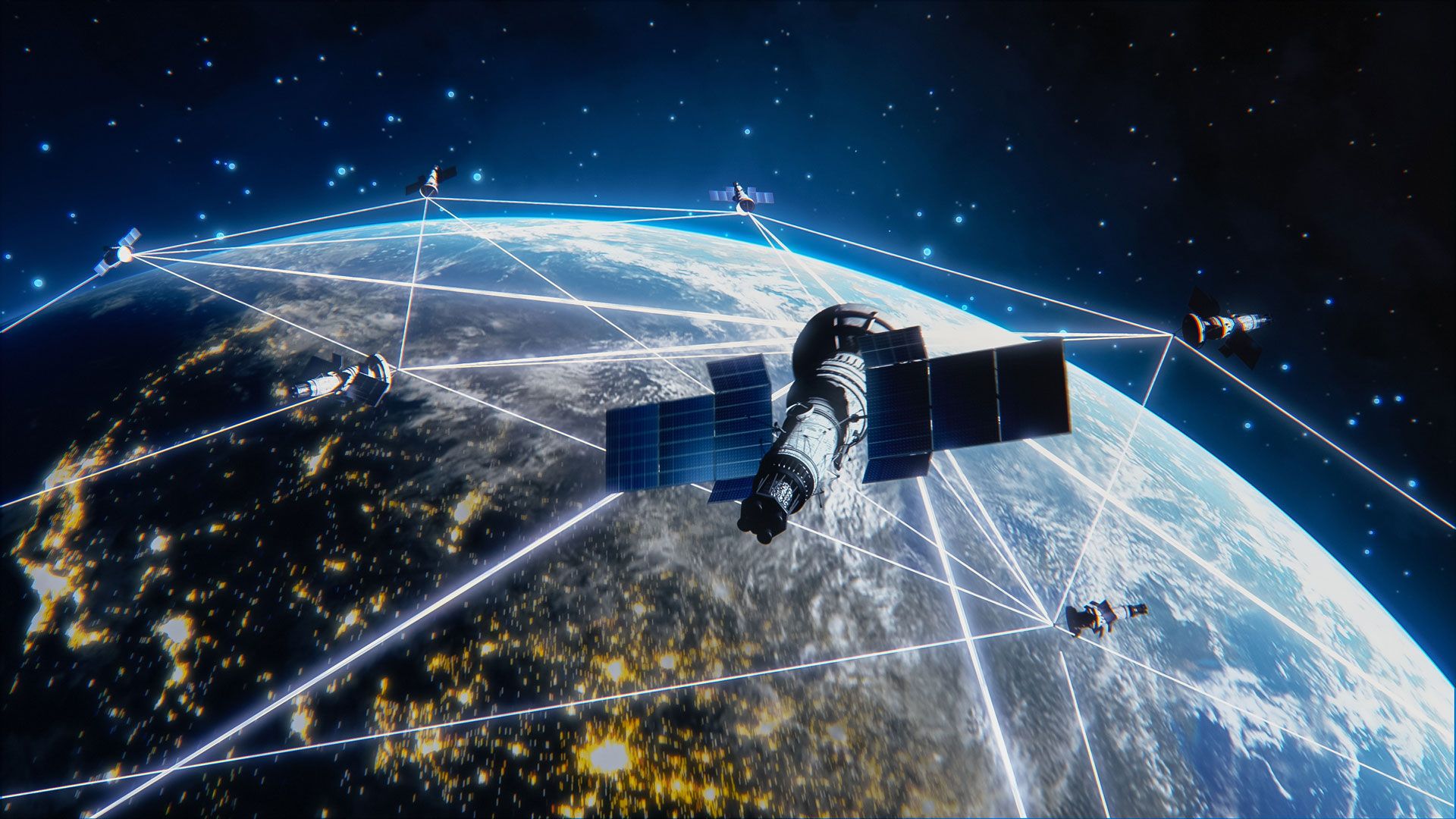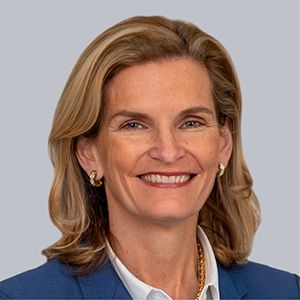
Coordinating satellites for a connected future

By Doreen Bogdan-Martin, Secretary-General, ITU
Today, we find ourselves on the cusp of a new space era, with niche satellite markets at the heart of a thriving global space economy worth nearly USD 470 billion.
But this transformative moment in the space sector is not just about business opportunities. It’s also about addressing major global challenges — like extending connectivity to everyone and making digital transformation inseparable from sustainable development.
Reliable satellite services are only possible in a sustainable space radio environment.
Sixty years have now passed since the International Telecommunication Union (ITU) convened its first conference on space radiocommunications. Since then, ITU – the United Nations agency for digital technologies – has remained at the forefront, allocating radio frequencies for space communications as part of our work to connect the whole world.
Satellite systems are pivotal to connect 2.6 billion people: the third of humanity still offline today. We need satellites to address that glaring digital divide across the Global South, but also in rural and remote areas of developed countries.
This makes the burgeoning space economy key to realize the UN 2030 Agenda for Sustainable Development, with digital solutions promising to accelerate progress on 70 per cent of targets under the Sustainable Development Goals (SDGs).
Beyond broadband access, satellite constellations support the Internet of Things, Earth observation, climate monitoring, and early warning systems.
In the face of increasingly frequent and devastating climate-related disasters, ITU is leading warning dissemination and communications through the UN Secretary-General’s “Early Warnings for All” initiative.
Increasingly complex radio coordination
Space exploration, including increasing activity on and around the Moon, calls for additional radio-frequency spectrum: a finite resource that must be shared. This requires updating the ITU Radio Regulations – the global treaty governing the use of spectrum and satellite orbits – to allow countries worldwide to fully leverage the promise of the space economy.
Practically all space technologies and services make use of spectrum, relying on the ITU regulatory framework to prevent harmful interference in their allocated frequencies and associated orbital slots.
The World Radiocommunication Conference (WRC‑23), starting just weeks from now in Dubai, UAE, will find 193 countries working together to reach a consensus on spectrum and orbital resource use. WRC‑23 could also bring calls for frequency assignments for ground-breaking technologies, including direct-to-device applications that could connect even the most remote areas on Earth.
Our four-year conference cycle keeps up with continual advances in the space industry while providing the necessary legal certainty and regulatory stability for investment and innovation to thrive.
Yet as space activities intensify, frequency coordination becomes more complex. Increasing activities on and around the Moon pose further challenges for interference-free communication. ITU takes care to safeguard existing services, from terrestrial shortwave radio broadcasts to radio astronomy on the Moon.
ITU’s Radiocommunication Sector (ITU‑R) prioritizes equitable access to these resources, providing regulatory certainty that encourages investment in the space economy.
Safeguarding our shared space environment
Uniquely in the UN system, ITU brings in over 900 companies, organizations, and academic institutions to work as sector members alongside its 193 Member States on radiocommunication, standardization and digital development issues.
The resulting technical and regulatory collaboration will shape space technologies for the benefit of as many people as possible worldwide. As orbital traffic intensifies, maintaining a safe and clean space environment also becomes a matter of protecting assets worth trillions of dollars.
The sustainability of our shared space environment, particularly the radio-frequency spectrum, has got to be a top priority as we continue pushing the limits of space innovation.
ITU’s commitment to space sustainability aligns with the UN Space2030 Agenda, which aims to harness space science and technology for sustainable development here on Earth.
Together, we can shape a more prosperous, equitable, and sustainable global space economy that works for the benefit of everyone, everywhere.
Based on remarks delivered on behalf of Doreen Bogdan-Martin during the International Astronautical Congress (IAC 2023) on 4‑6 October in Baku, Azerbaijan.
Header image credit: Adobe Stock
Photo: ITU/D. Woldu
